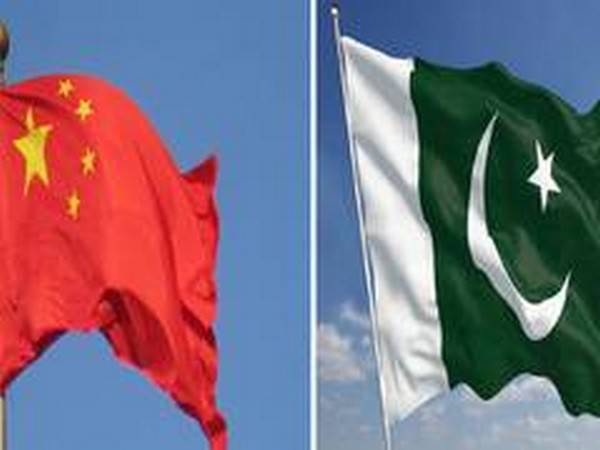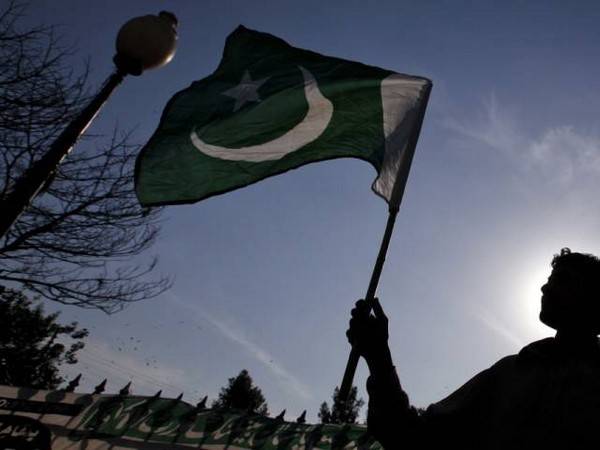The trade gap between the two countries increased significantly and this widening trade deficit become a challenge for both countries….reports Asian Lite News
The Pakistani government has started drafting a renegotiation of the Free Trade Agreement (FTA)’s benefits with China as the trade results of 38 export items to China have not been encouraging.
Pakistan seeks more concessions exclusive to its products like rice to have more access to the market and also to increase its share in bilateral trade, Pakistani newspaper Daily Times reported on Thursday.
Pakistan started deliberations with China to renegotiate terms and tariff lines for the second phase of the FTA during Prime Minister Imran Khan’s recent visit to China, according to Pakistan’s Ministry of Commerce.
One of the major benefits of developing FTA with China was to have stronger bilateral economic ties and greater economic integration with a country with whom it is said to have an ‘all-weather friendship’.

However, the trade gap between the two countries increased significantly and this widening trade deficit become a challenge for both countries.
A study conducted by the Pakistan Business Council (PBC) revealed that although 7,550 products (Eight Digit HS Code) were covered under FTA for Pakistan’s export to China list, Pakistani exports were only concentrated in 350 product lines making it 4.6 per cent of the total concessional products.
While China exports 3800 products out of 6803 products, on which Pakistan even offered a concession, hence China utilized 55.87 per cent out of the total products.
Pakistan hopes that talks might be completed before the conclusion of the budgetary exercise for 2022-23.
Pakistan and China’s relationship looks like Pakistan’s over-dependency on China. Pakistan and China not only share FTA relations but also China is a huge lender to Pakistan. Pakistan also had one SAFE (China’s State Administration of Foreign Exchange) deposit of USD 2.0 billion.

Recently, a state-owned Chinese firm registered in Pakistan had expressed concern over delay in their payment and asked the Pakistan Ministry of Energy (power division) to release Pakistani Rupees (PKR) 12.35 billion as Transmission Service Payment.
The China Electric Power Equipment and Technology Co Ltd (CET), registered in Pakistan as Pak Matiari-Lahore Transmission Company Private Limited (PMLTC), has expressed their concern at this issue. The companies also asked the ministry to prioritise this issue, Pakistani newspaper Dawn reported on Wednesday.
But National Transmission & Despatch Company (NTDC), on other hand, claimed that no payment is pending on its part.
In a recent letter to energy minister Hammad Azhar, the company explains that it has received the TSP for September to November 2021 and a partial payment of 19.46 per cent for the month of December 2021.













